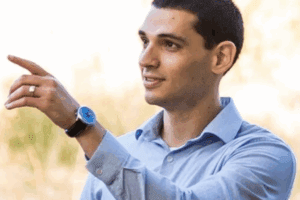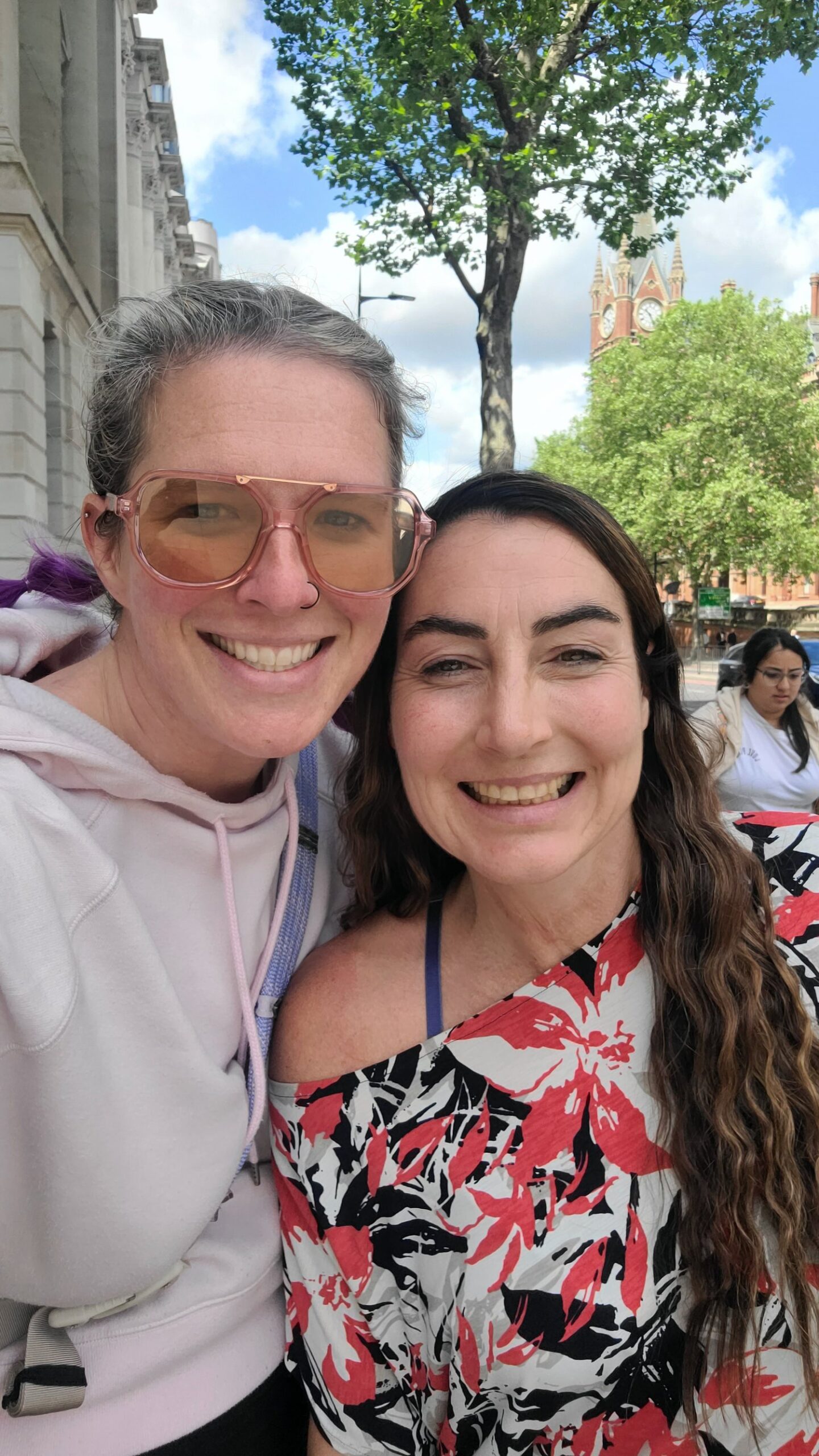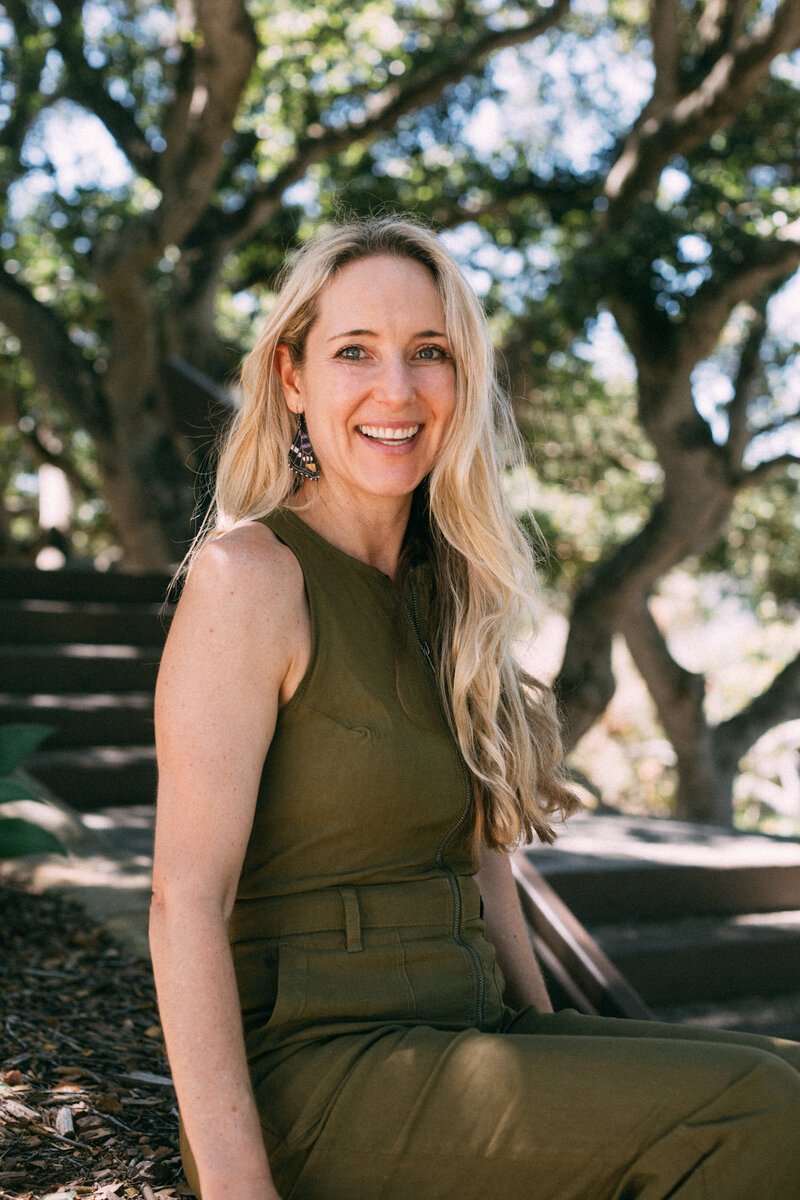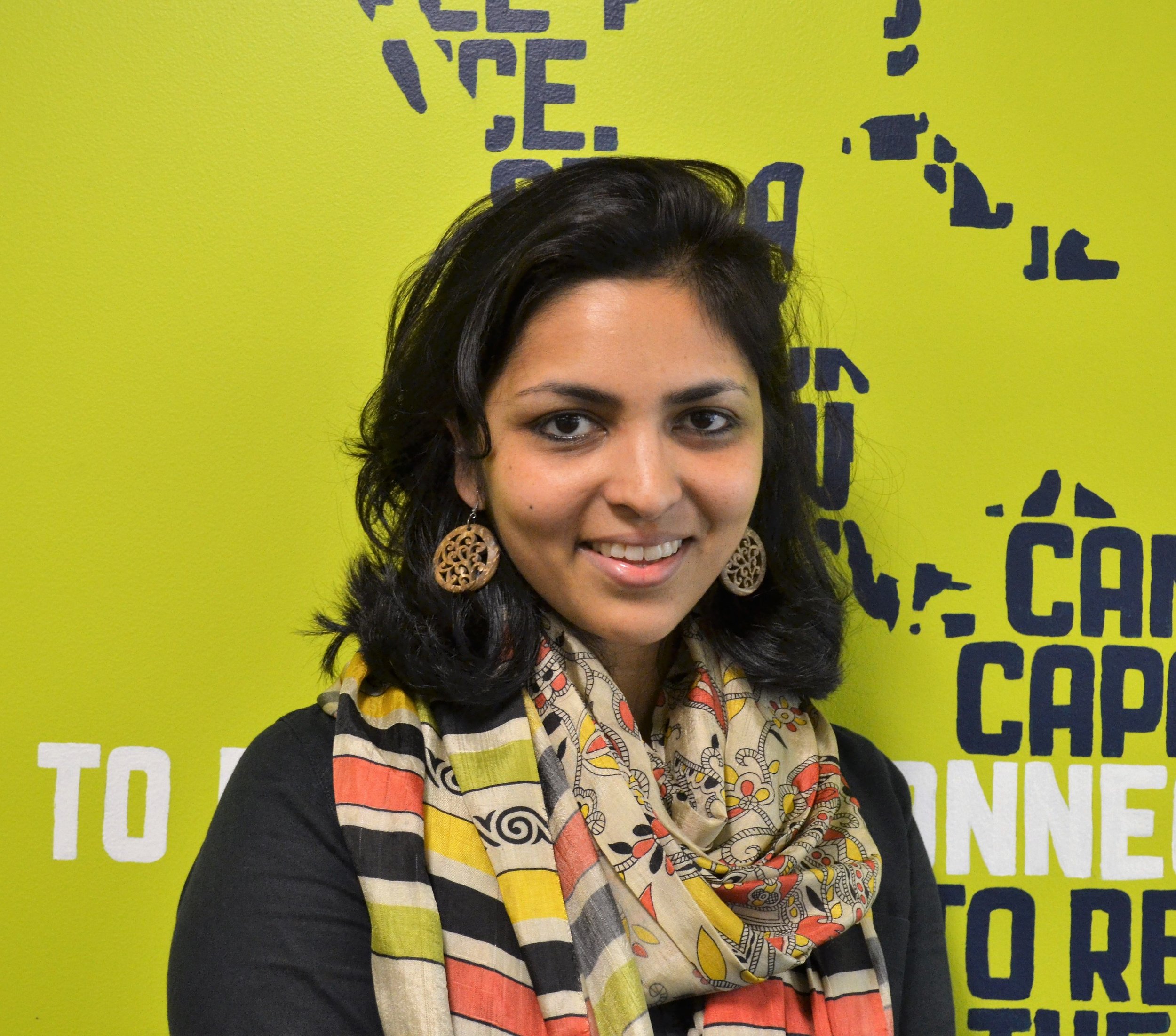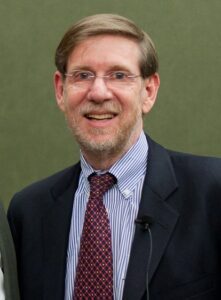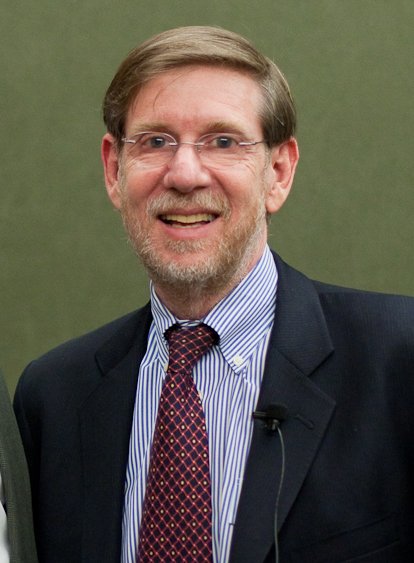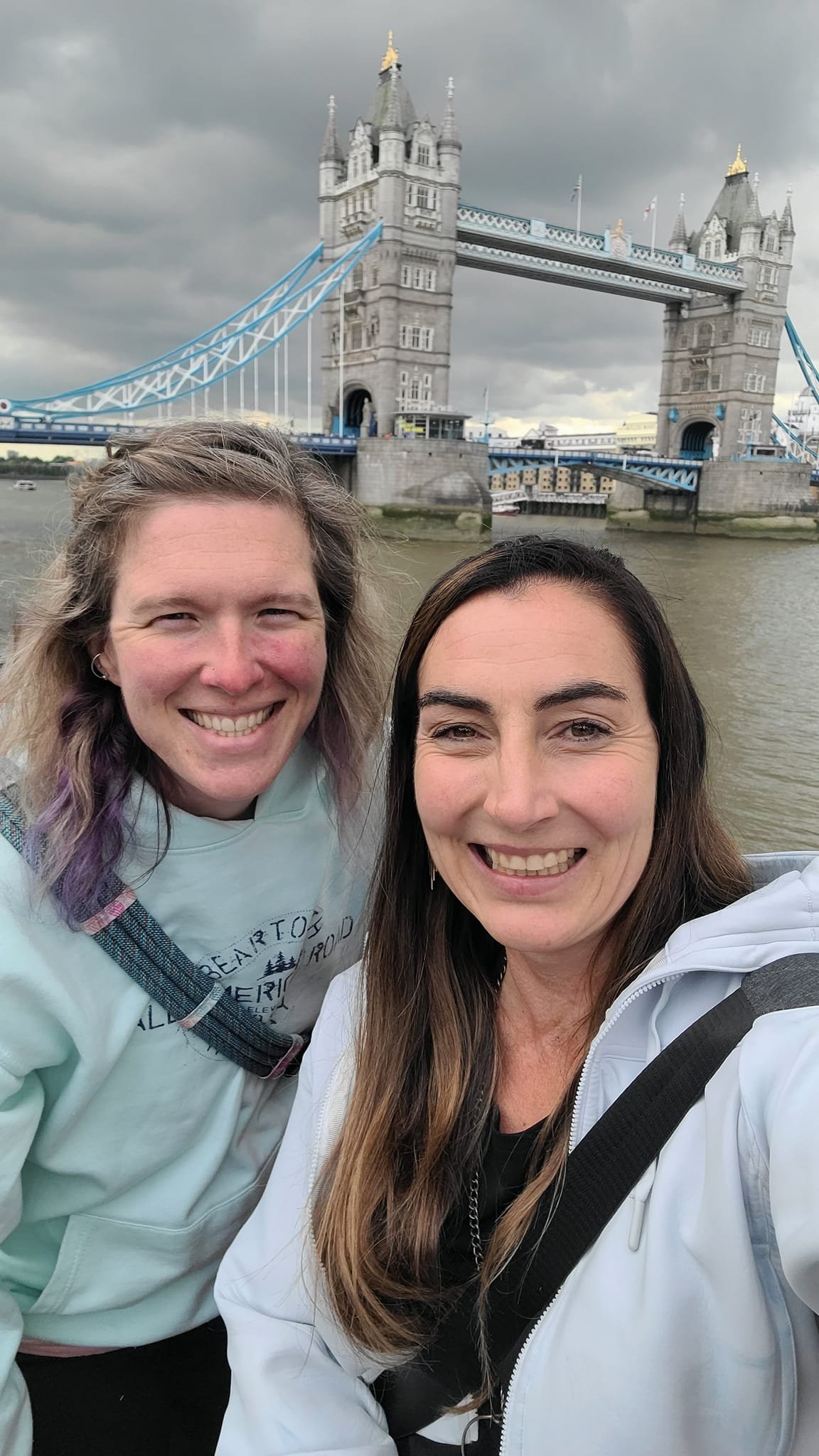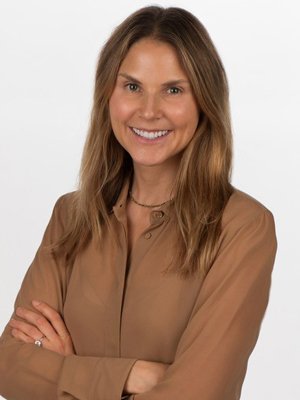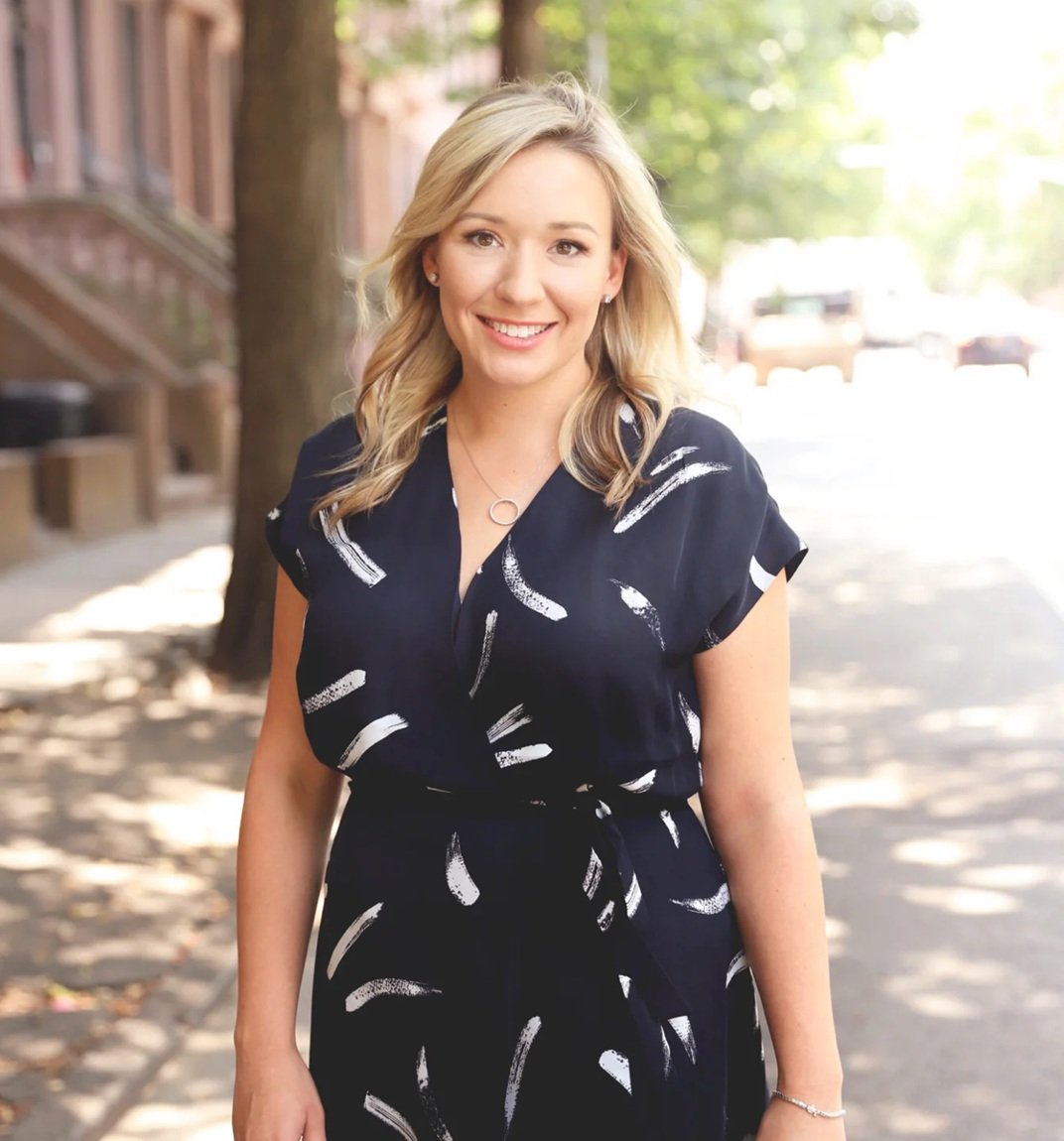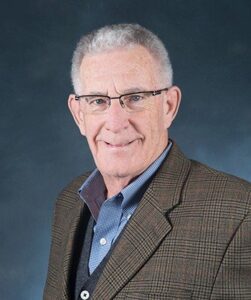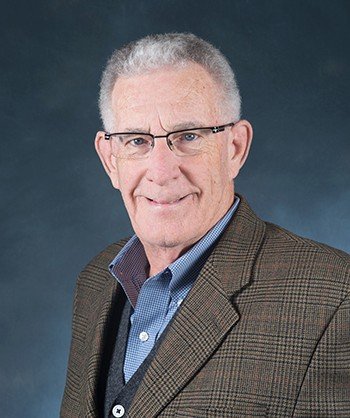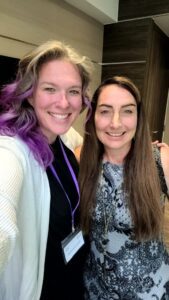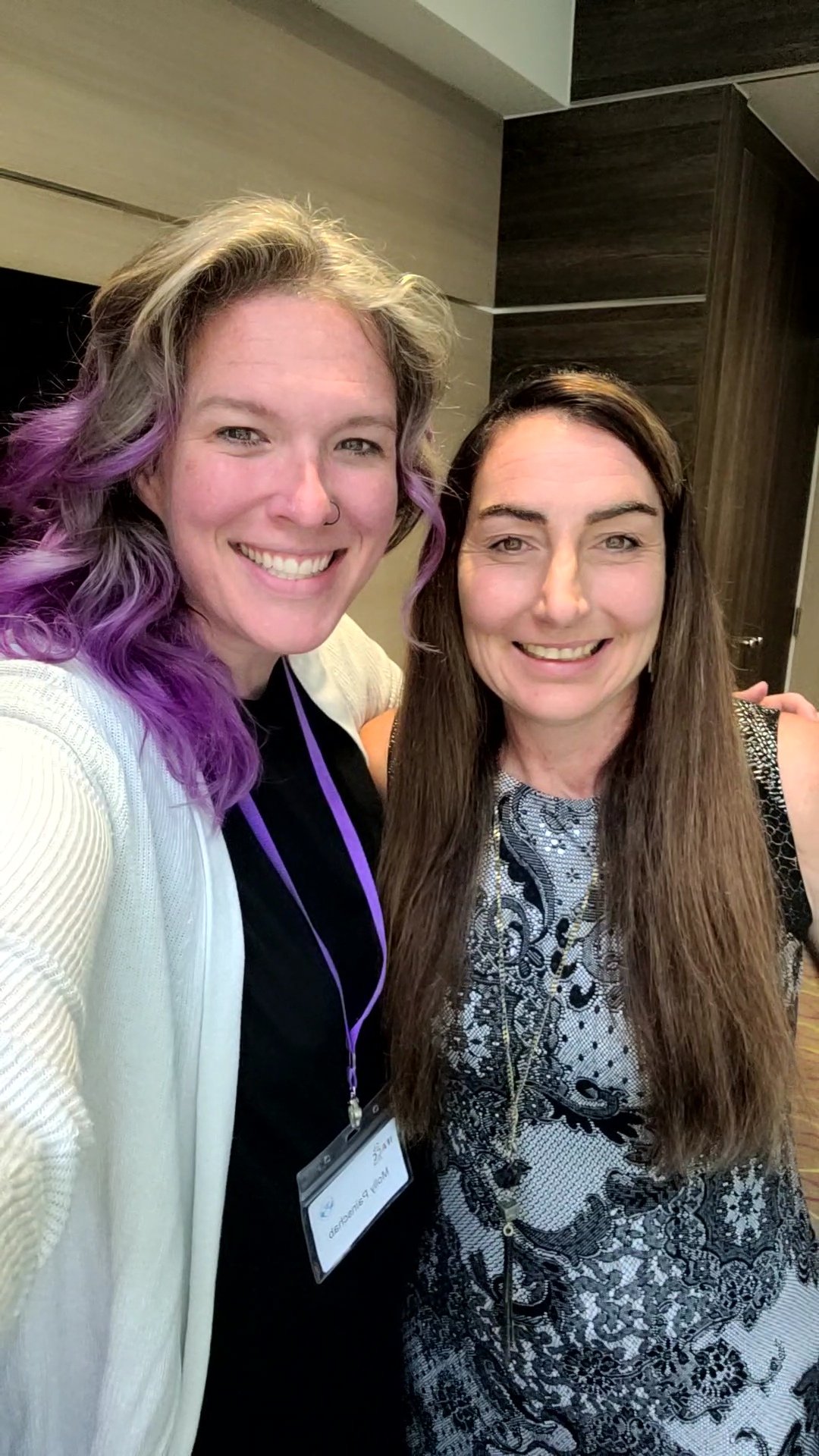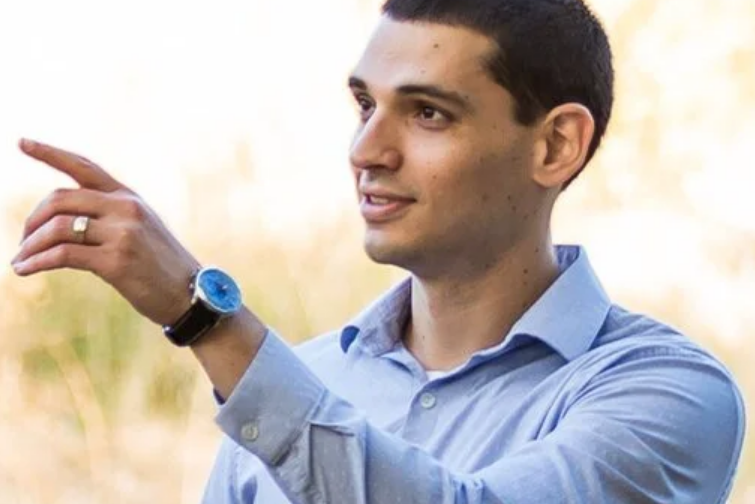
In today’s episode, we explore the groundbreaking intersection of addiction, biology, and cancer with internationally recognized scientist Dr. Rafael Cuomo. Drawing on insights from his book Crave, Dr. Cuomo reveals how addiction is not simply a behavioral or psychological issue—it’s a biological condition that reshapes the terrain of our health and directly contributes to the development of chronic disease, including cancer.
Dr. Cuomo introduces the concept of “molecular scars”—long-term physiological changes left behind by repeated addictive behaviors, even low-grade ones like screen use or ultra-processed food consumption. He explains how these behaviors disrupt key systems in the body, including the dopamine, opioid, GABA, glutamate, cortisol, and endocannabinoid systems, ultimately weakening immune surveillance, fueling inflammation, and accelerating cellular damage.
From the anticipatory nature of craving to the role of trauma and adverse childhood experiences, this episode invites clinicians, patients, and everyday listeners to reconsider addiction not as a character flaw but as a biologically driven imbalance with profound public health implications.
Topics Covered:
- The hidden biological link between addiction and cancer
- What Crave reveals about chronic stimulation and health breakdown
- Why craving is more about anticipation than pleasure
- The difference between wanting and liking in addiction
- How repeated overstimulation rewires dopamine and reduces pleasure
- Molecular scars: the biological damage addiction leaves behind
- The role of inflammation, immune suppression, and cellular dysfunction
- How addiction disrupts neurotransmitters beyond dopamine (opioid, GABA, glutamate)
- The overlooked role of the endocannabinoid system in both addiction and cancer
- The impact of early life stress and ACE scores on long-term health
- How screen time, ultra-processed food, and digital overstimulation shape disease risk
- The concept of allostatic load as a measurable biological burden of chronic stress
- Metabolic memory and food insecurity’s impact on eating behaviors
- Why oncology needs to integrate addiction screening into prevention and treatment
- How to begin restoring the body’s natural rhythm to prevent disease
About Dr. Raphael E. Cuomo:
Dr. Rafael Cuomo is a biomedical scientist, global health researcher, and associate professor at the University of California, San Diego School of Medicine. With over 100 peer-reviewed publications and recognition from the Royal Society for Public Health, his work focuses on the biological intersections between addiction, cancer prevention, and public health policy. His new book, Crave: The Hidden Biology of Addiction and Cancer, uncovers how repeated behavioral addictions create a biological terrain that promotes chronic disease—and offers a new roadmap for prevention and healing.
